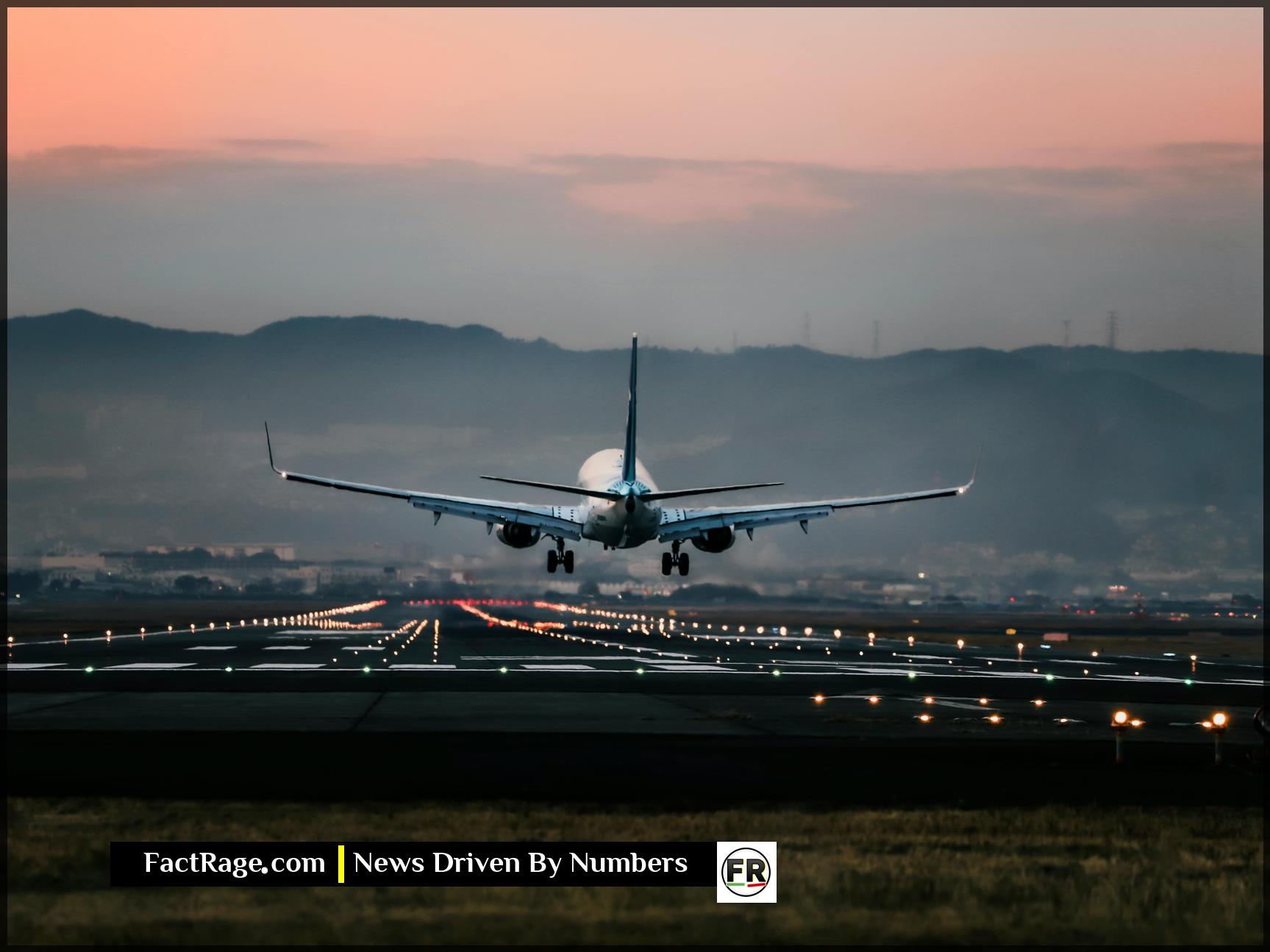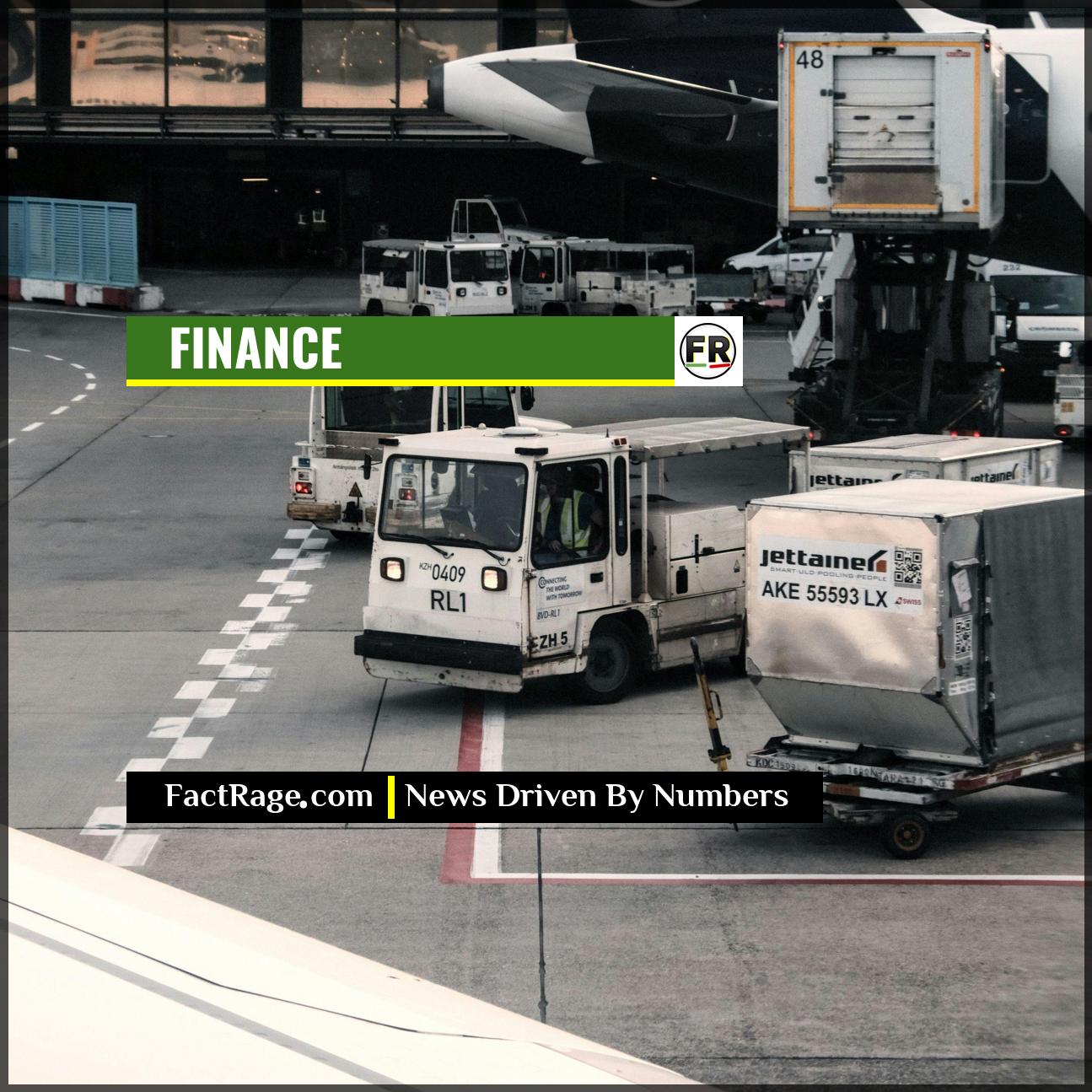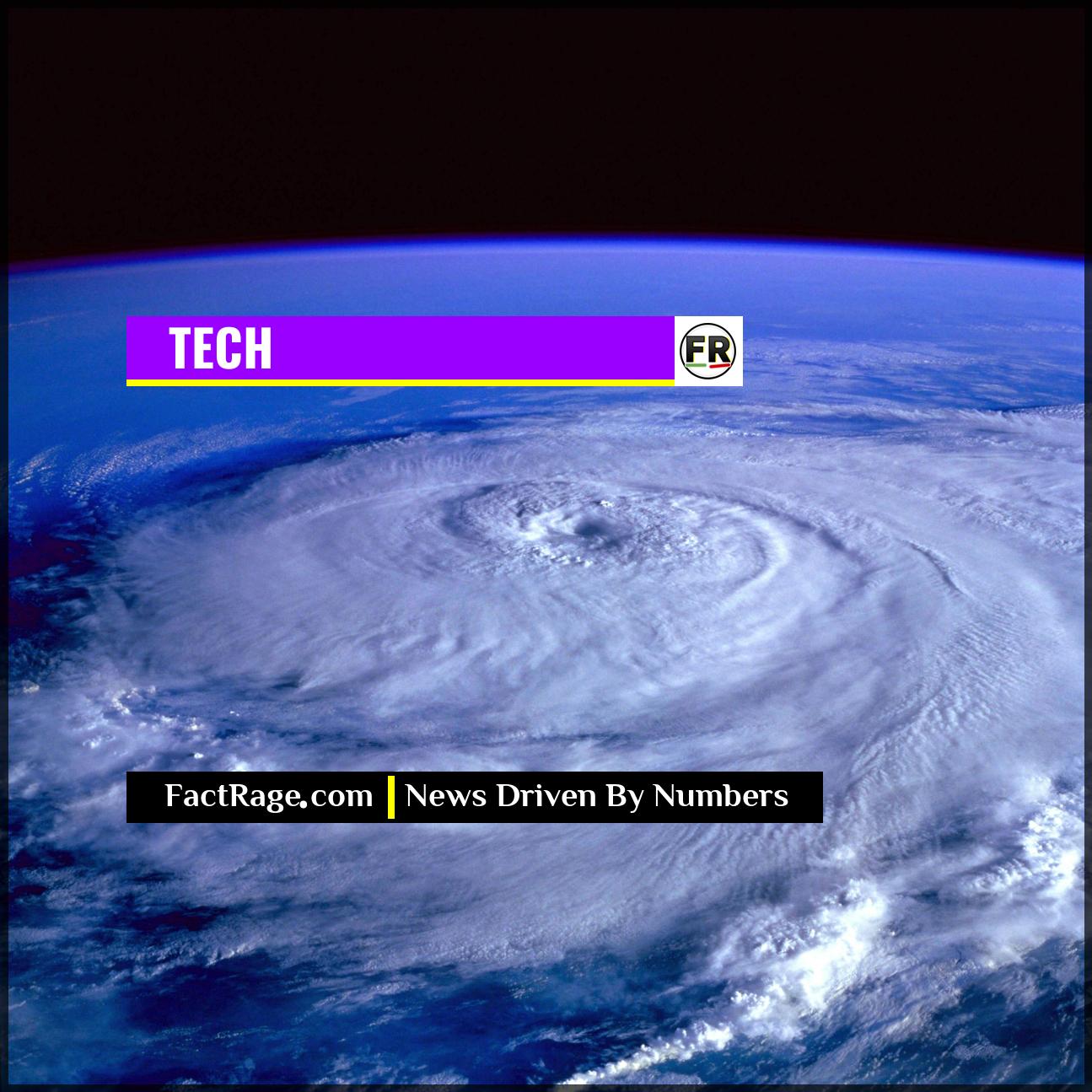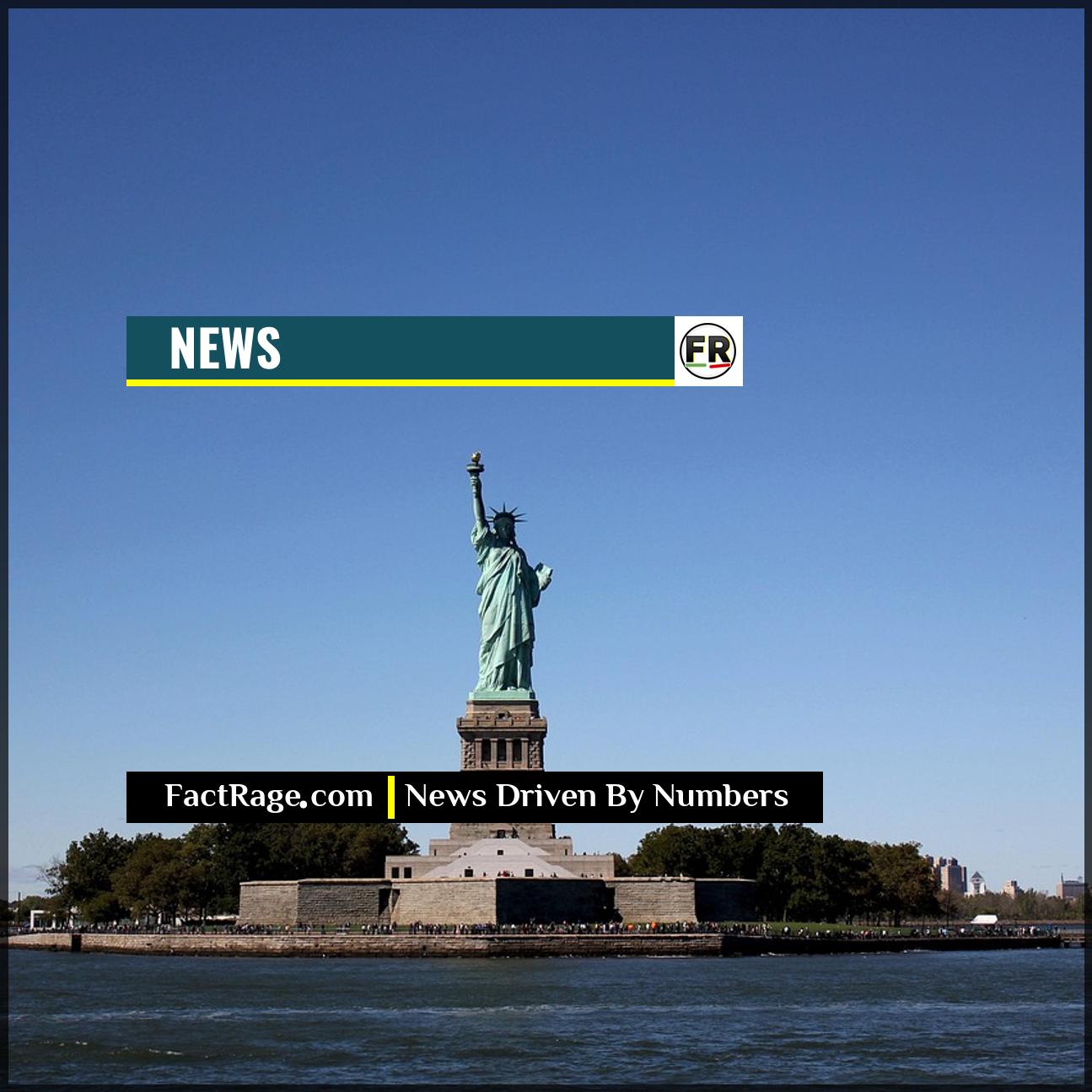HONOLULU, HI – Alaska Air Group has announced a definitive agreement to acquire Hawaiian Airlines in a deal valued at approximately $1.9 billion, a move that could significantly alter the competitive landscape for U.S. air travel to and across the Pacific.
- The Price Tag – Alaska Air Group will acquire Hawaiian for $18.00 per share in cash, totaling $1.0 billion, and assume approximately $900 million of Hawaiian’s net debt.
- Strategic Rationale – The merger aims to combine Hawaiian’s strong Pacific and inter-island network with Alaska’s domestic U.S. network, creating a more powerful competitor against the largest U.S. carriers.
- The Japan Airlines Factor – A key asset in the deal is Hawaiian’s joint venture with Japan Airlines, which provides extensive, coordinated access between Hawaii, Japan, and other Asian markets.
The proposed acquisition of Hawaiian Airlines by Alaska Air Group represents one of the most significant strategic moves in the U.S. airline industry in recent years. An analysis of the deal’s structure, valuation, and existing partnerships reveals a calculated effort to build a dominant force in West Coast and Pacific travel.
What the $1.9 Billion Valuation Reveals

Alaska Air Group’s offer of $18.00 per share represented a 270% premium over Hawaiian’s closing stock price on December 1, 2023, the last trading day before the announcement. Why such a high premium? The figure signals Alaska’s high valuation of Hawaiian’s strategic assets, which go beyond its aircraft.
The acquisition includes taking on roughly $900 million of Hawaiian’s debt, bringing the total enterprise value to $1.9 billion. For Alaska, the price reflects the value of acquiring Hawaiian’s 19 long-haul aircraft, its coveted airport slots, and its dominant 90% market share in inter-island Hawaiian travel. The plan is to maintain both airline brands while integrating them into a single operating platform, preserving Hawaiian’s 95-year-old identity which is deeply connected to its home state.
How the Japan Airlines Partnership Increases the Deal’s Value
A critical, and perhaps undervalued, component of this acquisition is Hawaiian Airlines’ existing joint venture with Japan Airlines. This is not a simple codeshare agreement; it is a deep, anti-trust immunized partnership established in 2020. This venture allows the two airlines to coordinate everything from schedules and pricing to sales and marketing on routes between Hawaii and Japan.
For Alaska Airlines, which has a limited presence in Asia, inheriting this venture is a major strategic prize. It provides immediate and robust access to the lucrative Japan-Hawaii travel market, one of the largest international markets for U.S. carriers. This partnership effectively serves as a turnkey solution for Asian expansion, allowing the combined airline to compete more aggressively with giants like United and Delta on trans-Pacific routes. The question for investors is how seamlessly Alaska can integrate this established partnership into its own operational and loyalty frameworks.
Navigating the Regulatory Headwinds
The largest obstacle facing the deal is not financial but regulatory. The U.S. Department of Justice (DOJ) has recently shown a strong inclination to challenge airline industry consolidation. The DOJ successfully sued to block the Northeast Alliance between American Airlines and JetBlue and is also challenging JetBlue’s proposed acquisition of Spirit Airlines.
Regulators will scrutinize the potential impact on competition and consumer prices, particularly on routes from the U.S. West Coast to Hawaii, where Alaska and Hawaiian are major competitors. The airlines argue their networks are largely complementary—Alaska is strong domestically, while Hawaiian excels in long-haul Pacific and inter-island routes. They contend the merger will enhance competition against the top four U.S. carriers (American, Delta, United, Southwest) who control over 80% of the domestic market. The final outcome of the regulatory review will determine the future of both airlines and could set a new precedent for U.S. airline mergers.














